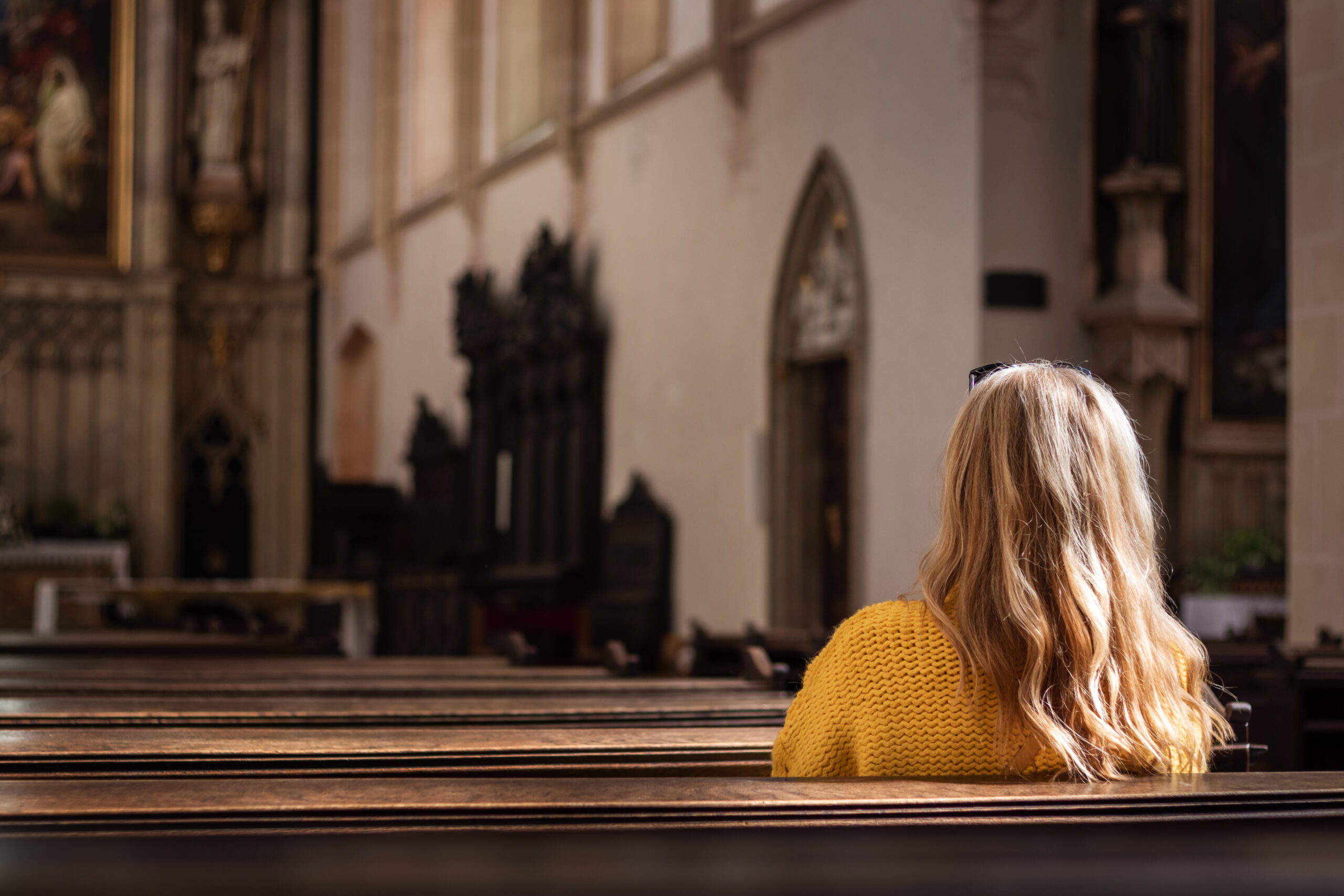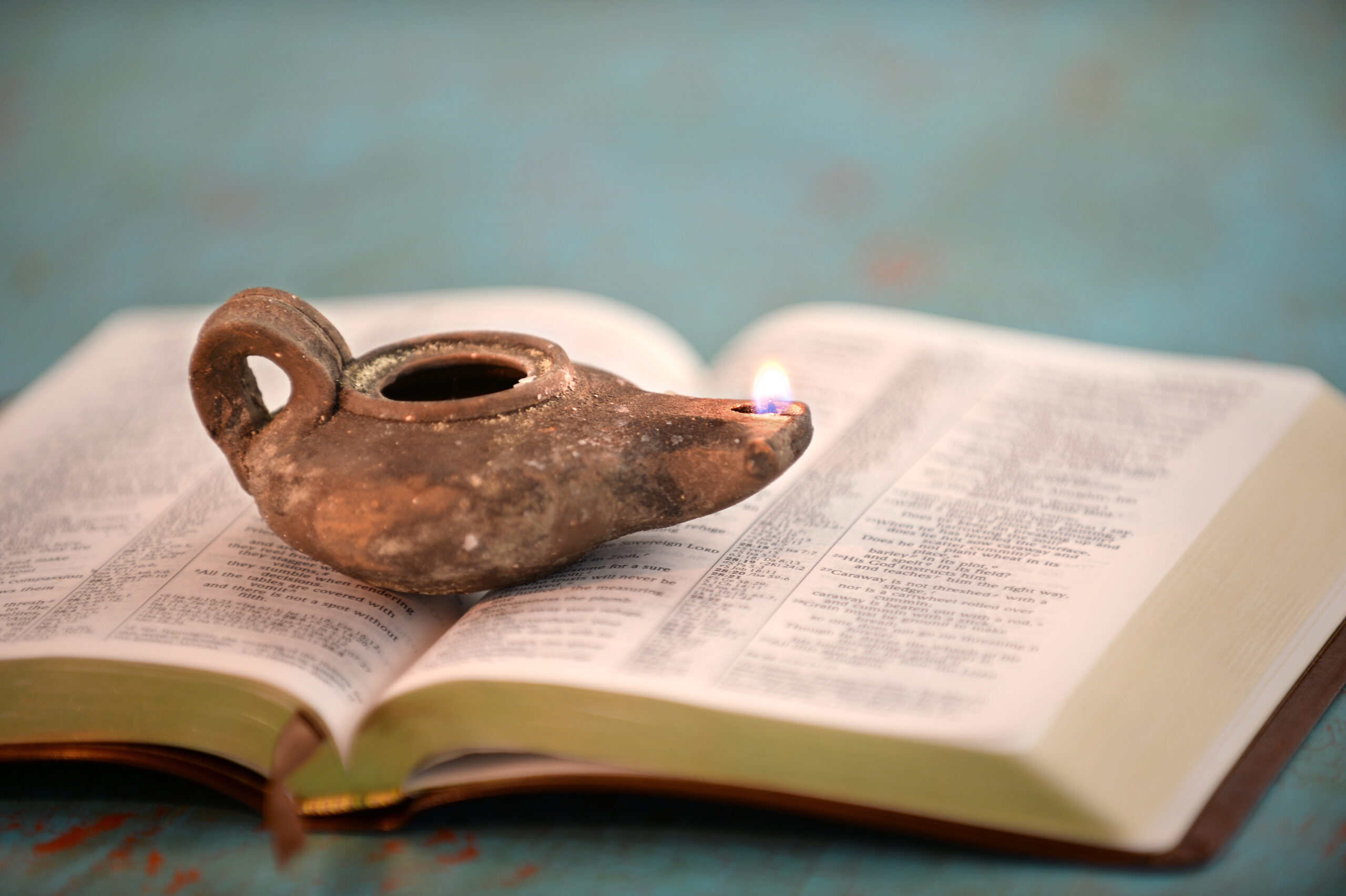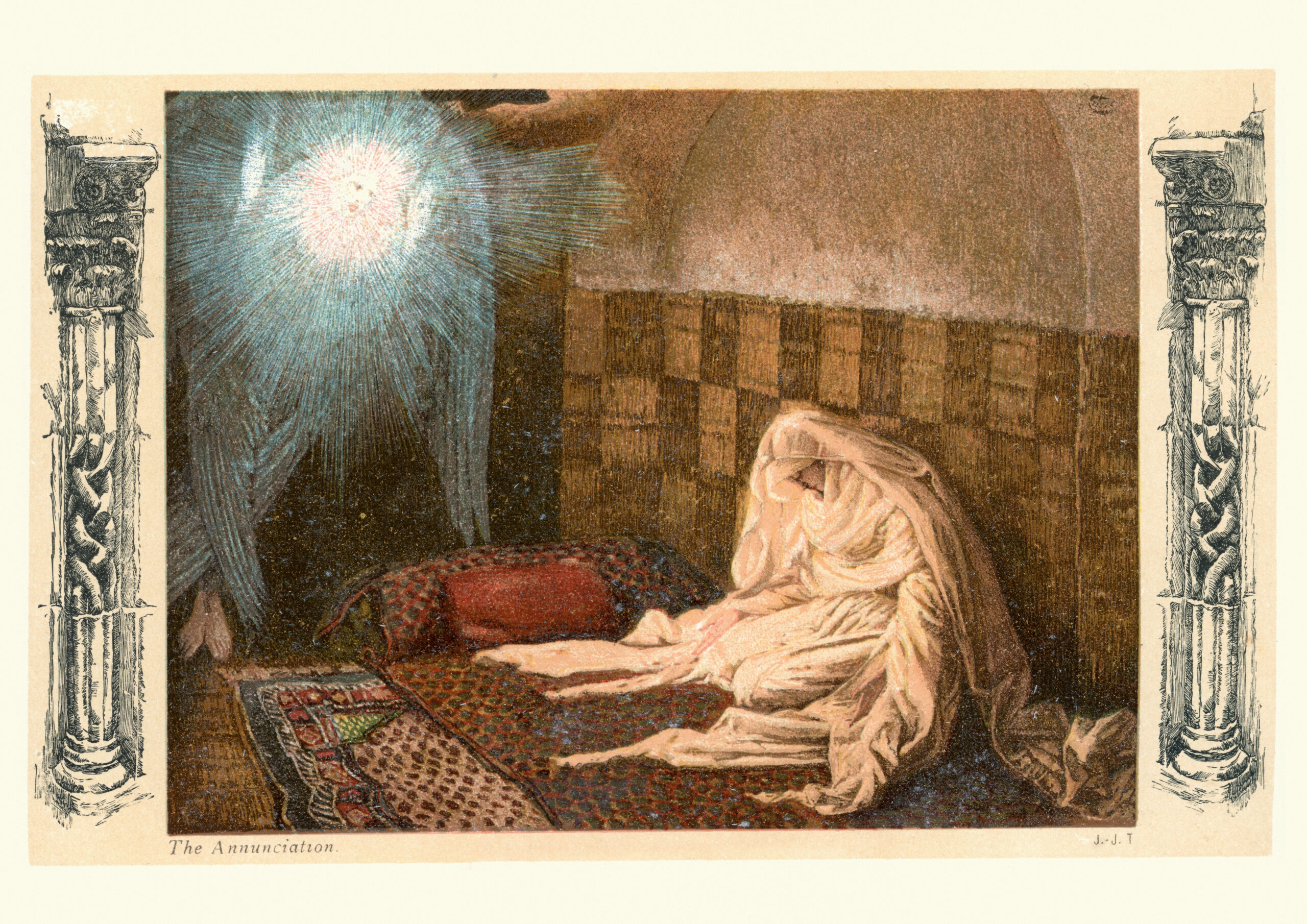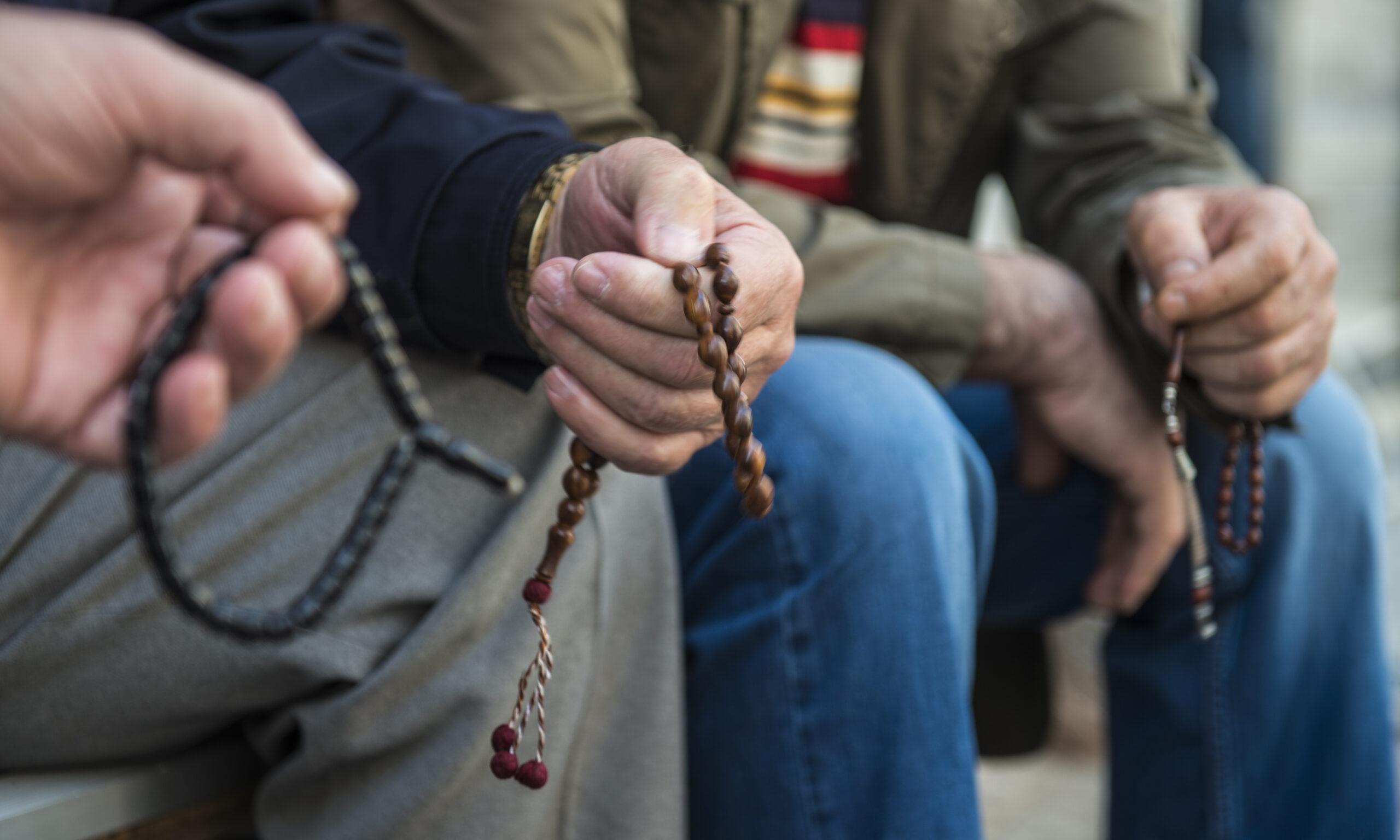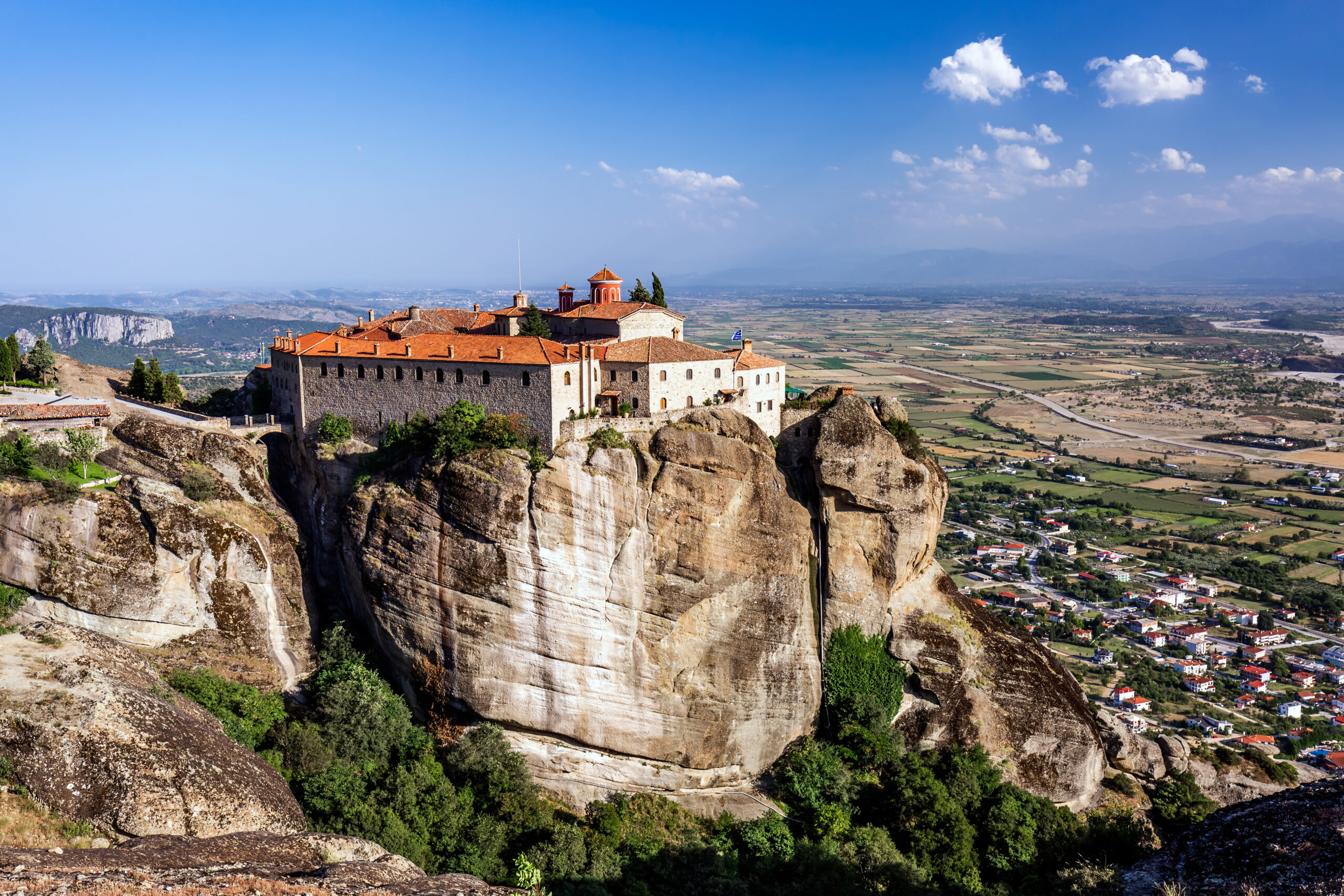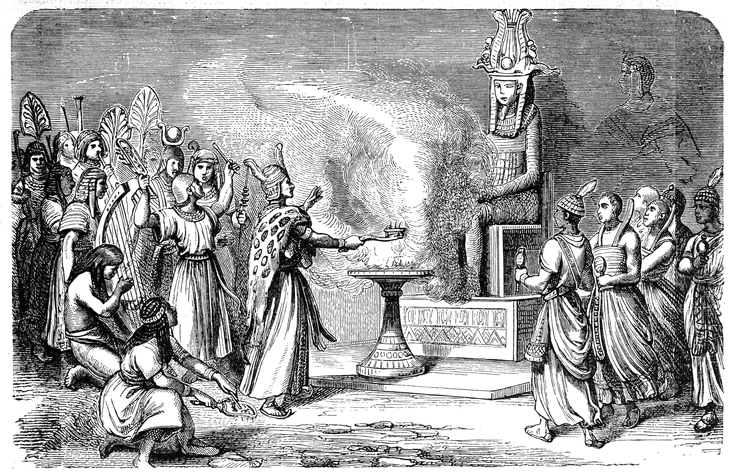Today’s parable is straightforward on the surface: we should never become weary of praying, even if it seems our prayer is not being heard. But if we just look a little deeper, there is a more profound lesson.
We’ve all heard many times that we should “pray without ceasing” and that God hears all our prayers. And we know that when we pray, there is a possibility (or even probability) that things will not work out precisely the way we want. We’ve heard that’s because God knows what’s best, which is certainly true. I sometimes say that God has three answers to prayer: 1) “Yes.” 2) “In just a minute.” and 3) “Actually, I have a better idea.” Our trustful prayer must be open to all three possible answers!
Jesus insists over the course of several parables on the importance of prayer, on our correct attitude at prayer, and the need to pray always. Prayer is simply a conversation with God; words are not even necessary, as it can be a simple lifting of the heart and mind to God because we desire to know His will, to walk in His ways, to glorify Him. When this becomes a habit, we are “praying always” and our love quietly deepens. St. Augustine says, “Desire always, and you pray always. This is the continual voice of prayer…You are silent when you cease to love. The cooling of charity is the silence of the heart.” If our hearts are not reaching toward God, even wordlessly, we are not fanning the flames of love.
The constant prayer of those “who call out to him day and night” must be accompanied by a firm faith, a confident hope that God hears every prayer. In this, Jesus seems to speak to each individual as well as to the Church as a whole: “When the Son of Man comes, will he find faith on earth?” These words point to the final coming of Christ; before that apocalyptic day, the faith of all will be put to the test. As in the case of the foolish virgins in another parable, the oil necessary for keeping the fire of faith burning cannot be borrowed or bought at the last minute! It is a habit of prayer and Spirit-led action that keeps our oil lamps burning in expectation of the coming of the Bridegroom.
So it is wise to ask for the gifts of prayer, patience, and perseverance. These are gifts that the Spirit loves to pour out on the People of God, but our asking for them shows that we understand these powers do not come from ourselves and places our souls in the position to receive them properly. When we acknowledge that without Him we can do nothing, we give God permission and opportunity to work freely in us and through us, and our prayer is directed by the Spirit through Jesus right to the Heart of the Father.
 Kathryn Mulderink, MA, is married to Robert, Station Manager for Holy Family Radio. Together they have seven children (including newly ordained Father Rob and seminarian Luke ;-), and two grandchildren. She is a Secular Discalced Carmelite and has published five books and many articles. Over the last 25 years, she has worked as a teacher, headmistress, catechist, Pastoral Associate, and DRE. Currently, she serves the Church as a writer and voice talent for Catholic Radio, by publishing and speaking, and by collaborating with the diocesan Office of Catechesis, various parishes, and other ministries to lead others to encounter Christ and engage their faith. Her website is https://www.kathryntherese.com/.
Kathryn Mulderink, MA, is married to Robert, Station Manager for Holy Family Radio. Together they have seven children (including newly ordained Father Rob and seminarian Luke ;-), and two grandchildren. She is a Secular Discalced Carmelite and has published five books and many articles. Over the last 25 years, she has worked as a teacher, headmistress, catechist, Pastoral Associate, and DRE. Currently, she serves the Church as a writer and voice talent for Catholic Radio, by publishing and speaking, and by collaborating with the diocesan Office of Catechesis, various parishes, and other ministries to lead others to encounter Christ and engage their faith. Her website is https://www.kathryntherese.com/.
